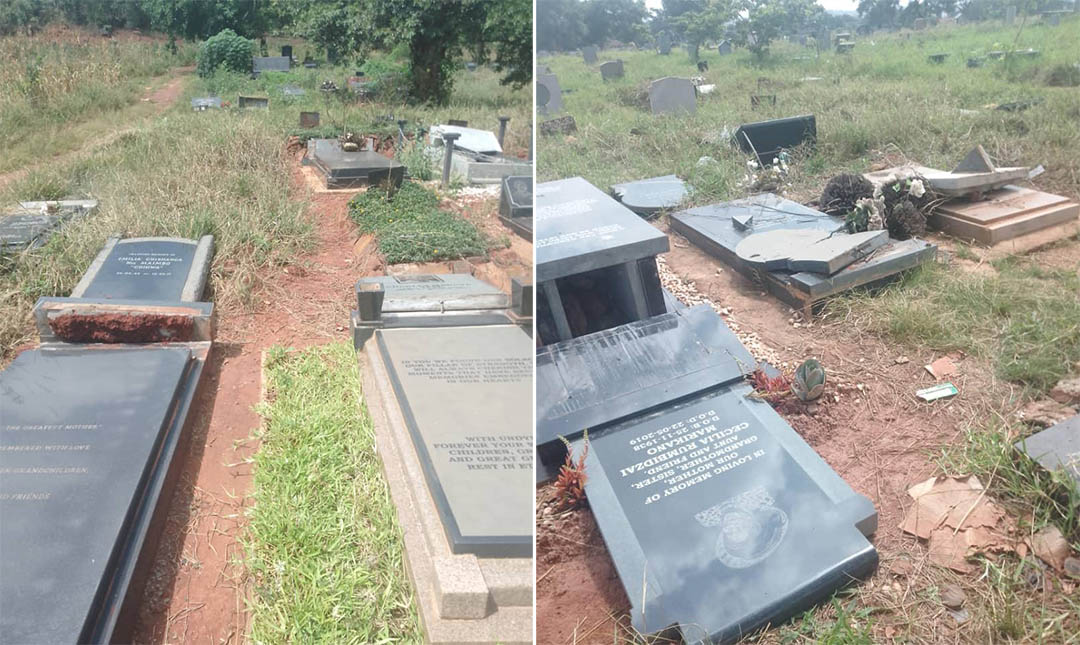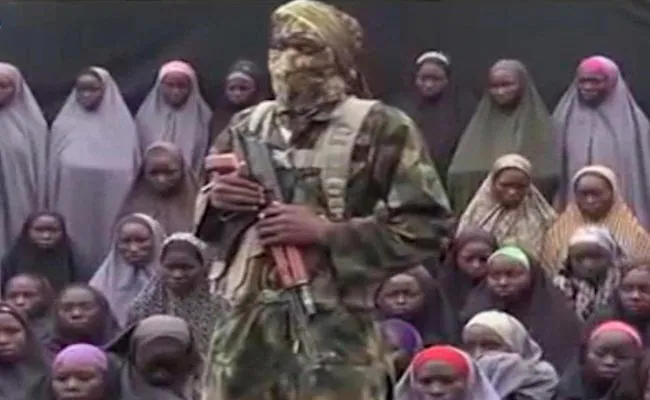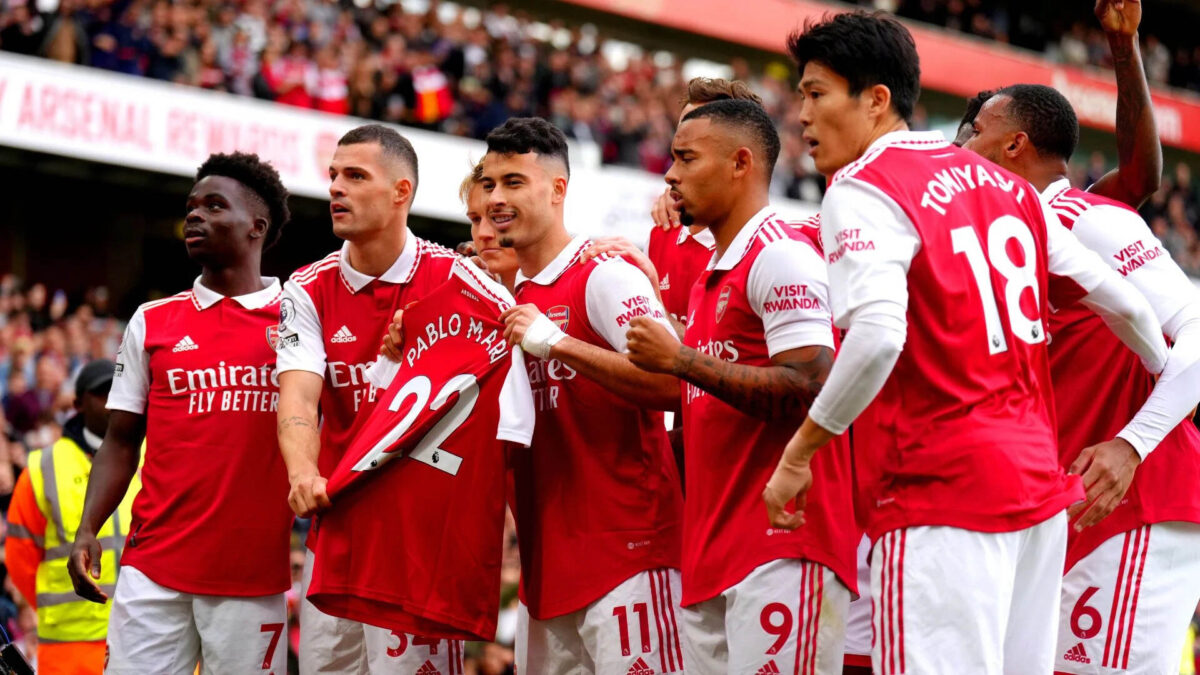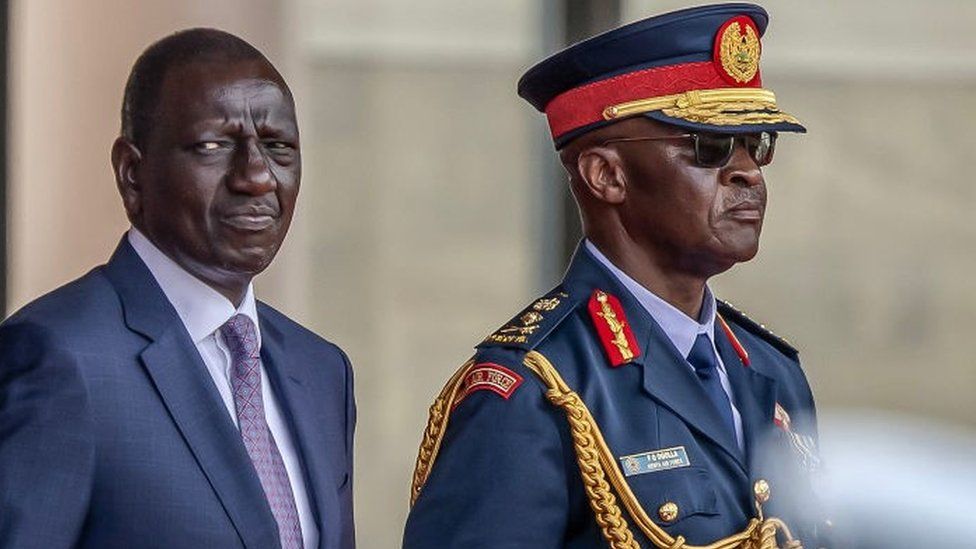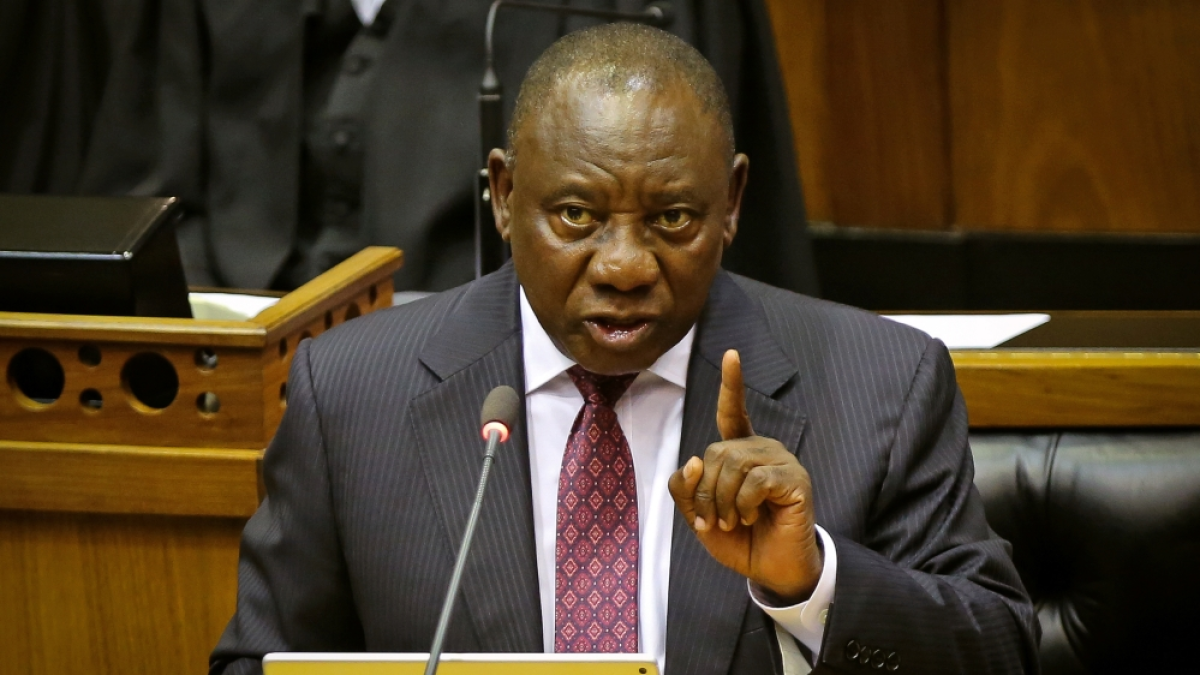HARARE – President Emmerson Mnangagwa extended a coronavirus lockdown by two more weeks and announced a US$720 million (ZW$19 billion) stimulus for distressed companies, most which will be allowed to open from Monday.
Zimbabwe has been on lockdown for five weeks to prevent the spread of the coronavirus, shutting an economy struggling with shortages of foreign currency, food, electricity and hospitals short on medicines.
Mnangagwa said his government’s priority “remains to reduce infections and gradually restart the economy.”
Informal markets – where more than 80 percent of Zimbabweans earn their living – will remain shut, while big businesses will reopen under supervision.
Mnangagwa said public gatherings of more than 50 people and the use of public taxis remain suspended, while schools will remain closed.
Four Zimbabweans had died as of Friday from 40 reported infections. Five people, including four from a Ruwa family, had made a recovery.
“From the upward trajectory of infections, it is evident that our country is yet to reach its peak,” the 77-year-old said. “The pandemic has continued to put a strain on both the nation’s livelihood and on businesses. Its adverse impact on the economy and on social lives has been severe.
“As we plan to slowly return to a normal way of life, it is important that we adopt a national strategy of possible exits from the lockdown informed by the imperatives of Zimbabwe and its peculiarities.”
He said Zimbabwe was now on Level 2 of the lockdown, having started on Level 4 on March 30 which was lowered to Level 3 with the announcement that mines would be allowed to re-open from April 19.
Detailing conditions under the new partial lockdown, Mnangagwa said:
♦ Noticing that there is now a gradual increase of infections, the lockdown will continue for the next 14 days, however relaxed to Level 2. This entails the following adjustments:
♦ All people must wear masks of any type including home made ones outside their homes.
♦ The re-opening of industry and commerce provided that companies must ensure mandatory rapid diagnostic testing of all employees, social distancing in the workplace, sanitisation and that all employees wear masks.
♦ Operating hours shall be from 8AM to 3PM.
♦ For the avoidance of doubt, the informal sector remains closed except the agriculture and food supply chains.
♦ All those who are vulnerable should approach the department of social welfare to register for assistance.
♦ Public buses only will be the mode of public transport. Omnibuses like kombis and smaller taxis are still not permitted to operate. Bus operators must ensure that their buses are disinfected twice a day and that commuters wear masks, have their temperatures taken and hands sanitised before boarding the bus. Social distancing must also be maintained within all buses.
♦ Industry and commerce and bus operators can only re-open and operate upon fulfilling the outlined requirements. Health inspection teams will immediately randomly check for compliance. Those who fail to comply will be stopped from operating.
♦ The maintenance of mandatory and quarantine protocols in line with regional and international standards will continue. Returning residents and international travellers to the country will be put on a 21-day mandatory quarantine with full testing on day one, day eight and day 21.
♦ Churches, gyms, bottle stores, bars, beer halls and other leisure and recreational facilities remain closed.
♦ Gatherings of less than 50 people are to be maintained.
“This partial relaxing to Level 2 is designed to restart certain sectors of the economy while recognising the compelling credence in maintaining the lockdown. Overall, we must remain cautious,” Mnangagwa said.
He said Zimbabwe had been “exposed to the shocks of disruptions in the external supply chain” after neighbours South Africa and Botswana, the country’s two biggest trade partners in the region, also imposed their own lockdowns and closed their borders, although cargo is still allowed through.
“The government has seen it fit to equally mitigate the debilitating effects of the pandemic on the economy. As such, we have put in place an economic rescue and stimulus package to respond to Covid-19. So far, our response to this pandemic has seen us putting in place ZW$18 billion economic rescue and stimulus package which amounts to 9 percent of our GDP or 28.6 percent of the 2020 national budget,” he went on.
“The package is proportionate to the disruption the virus has caused in our economy.”
He said the stimulus was designed to scale-up production in all the sectors of the economy in response to the adverse effects of Covid-19. It would be targeted at small-scale industries, improvement of health facilities and poverty reduction.
Health care workers and institutions would be given tax breaks, Mnangagwa said, without elaborating.
Funding from the stimulus would be availed to productive sectors for the next six months as loans through commercial banks.
“Concessional terms and conditions that include an interest rate of 10 percent per annum will apply. A grace period of six months and repayment period of up to four years will be applicable,” Mnangagwa added.
Zimbabwe’s tourism and hospitality industry was the “hardest hit”, Mnangagwa said, adding that ZW$500 million would be reserved to support the sector.
The manufacturing sector will have access to a ZW$3 billion facility to cover capital and operational expenses while agriculture would have ZW$6,1 billion to “stimulate production in our quest to ensure country becomes self-sufficient in food production.”


